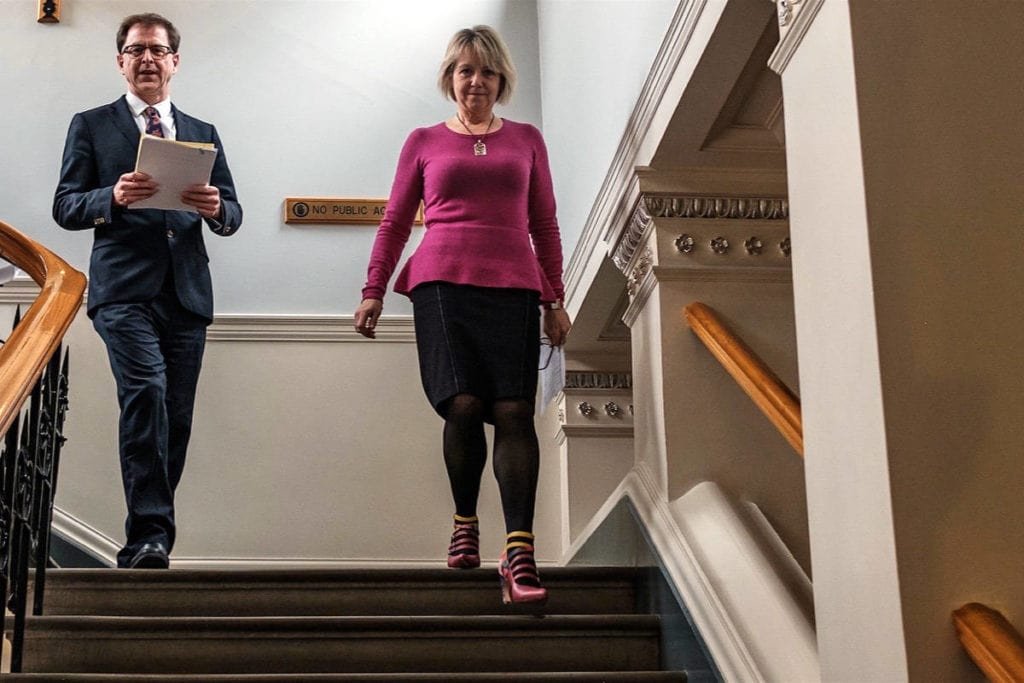DESIBUZZCanada
Events Listings
Dummy Post

International Day Of Yoga To Be Virtually Celebrated Saturday At 4pm

CANCELLED: Coronavirus Fears Kills Surrey’s Vaisakhi Day Parade

ADVERTISE WITH US: DESIBUZZCanada Is The Most Read South Asian Publication Online

SURREY LIBRARIES: Get Technology Help At Surrey Libraries

WALLY OPPAL: Surrey Police Transition Update On Feb. 26

GONE ARE THE DAYS - Feature Documentary Trailer

Technology Help At Surrey Libraries

Birding Walks

Plea Poetry/short Story : Youth Contest

International Folk Dancing Drop-in Sessions
TAME YOUR DIWALI CELEBRATIONS: Bonnie Henry Says South Asian Community Hit Harder By COVID-19 And Must Take Precautions
- November 14, 2020

B.C.'s top doctor says the province's South Asian community is getting COVID-19 at a higher rate than others and with Diwali hitting right in the centre of the second wave of rising cases, the community needs to tame the celebrations and have no gatherings other than close family members. Diwali traditions like dropping gifts off to relatives or hosting a prayer are not permitted this year. While large events are part of the cause in the community’s larger infection rate, especially in Surrey where Indian students and other members are not obeying COVID-19 protocols, Dr. Bonnie Henry also notes that many in the community are working in essential services.
VANCOUVER — B.C.'s top doctor says the province's South Asian community is getting COVID-19 at a higher rate than others and with Diwali hitting right in the centre of the second wave of rising cases, the community needs to tame the celebrations and have no gatherings other than close family members. Diwali traditions like dropping gifts off to relatives or hosting a prayer are not permitted this year.
While large events are part of the cause in the community’s larger infection rate, especially in Surrey where Indian students and other members are not obeying COVID-19 protocols, Dr. Bonnie Henry also notes that many in the community are working in essential services.

Henry said the increase of cases in the South Asian community is mainly due to weddings and celebration-of-life events.
“It’s not in any way to blame the community,” she told a group of South Asian reporters during a teleconference this week. “But now we need to take measures to protect the community because it is transmitted in the South Asian community more so than we are seeing in other people right now.”
However, Henry notes gatherings aren’t the only contributing factors.

“Many people in the South Asian community live in Surrey and areas around there, and also own and work in many of the essential businesses that have kept our province going, whether it’s food-production or trucking or working in health care.”
“[COVID-19] recognizes the situations and gatherings that are happening that have allowed it to spread,” she added.
She explained the province began seeing this increase near the middle of October, close to the Thanksgiving long weekend in many areas, including the Fraser Health region.
The bulk of B.C.’s infections have been in the Vancouver Coastal and Fraser Health regions, which are currently under temporary COVID-19 restrictions.
In order to avoid further transmission of the virus, community leaders are asking the South Asian community to stay home this Diwali.


















